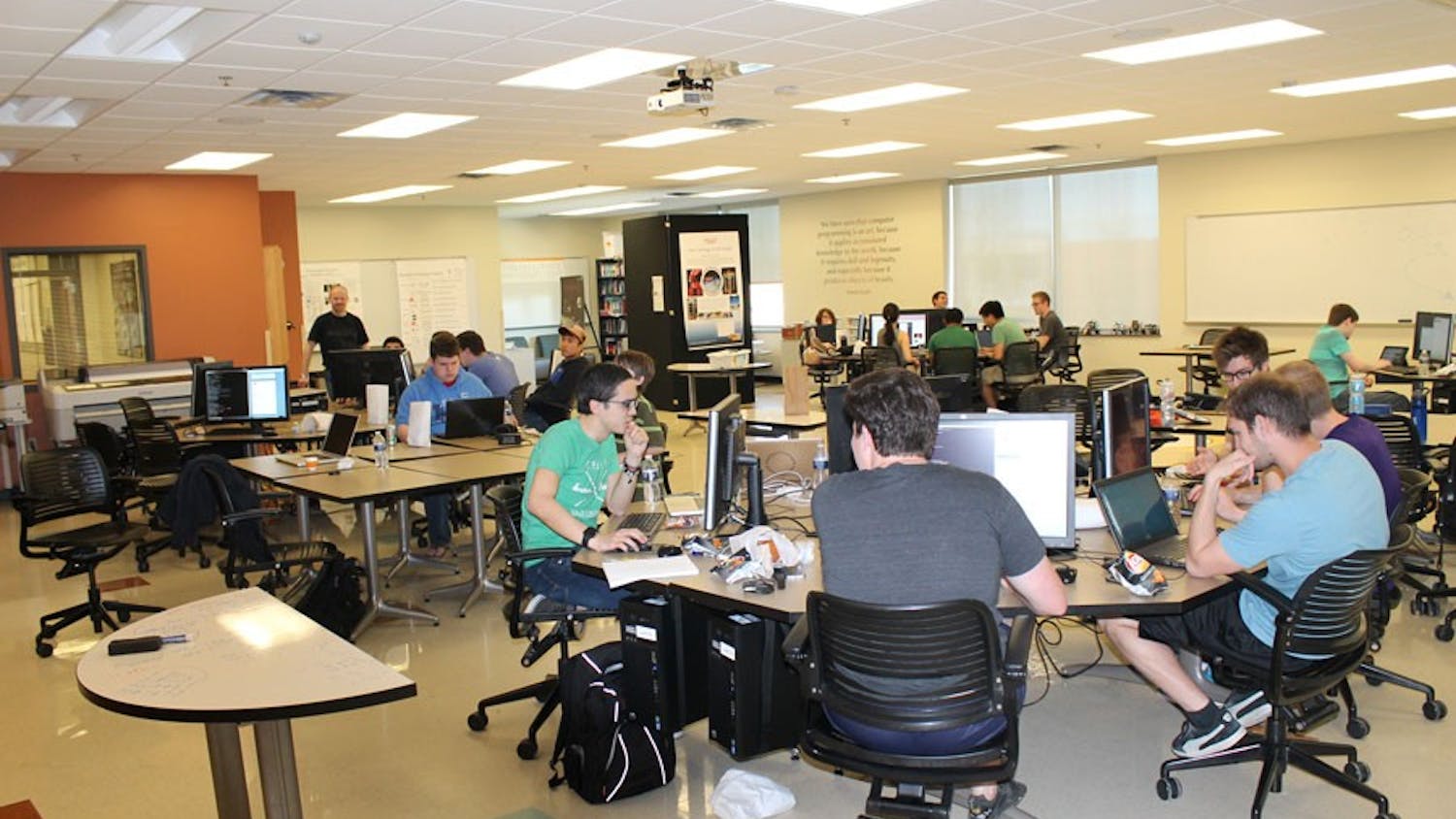By Katelyn S. Irons | Echo
With nearly half of recent graduates unemployed or underemployed, there has been a large shift of people now choosing to go into STEM (science, technology, engineering and math) fields, which offer higher employment rates and pay grades. But going into STEM is not a quick fix.
One problem is that there is not as big of a shortage of scientists, technologists, engineers and mathematicians as predicted, according to IEEE Spectrum, a STEM news source. There is a glut of workers streaming into the market, which is creating an imbalance in the system.It is predicted in the field of computer programming that there are already too many STEM grads for the jobs, according to the National Science Foundation (NSF). Projections for job growth in 2006 to 2016 shows a 4 percent decrease in computer programming jobs. Lower-level jobs are being streamlined, replaced by systems developers and people with higher education than the typical graduate receives.
Stefan Brandle, computer science and engineering (CSE) professor at Taylor, is not concerned for Taylor graduates, however.
"Our Taylor CSE graduates are not the typical 'code monkeys,' but are among the best educated and more competitive than the graduates of most universities," Brandle said.
Another potential problem with the STEM system is that jobs in the field of science are not proven to earn very good wages. Successes in the fields of technology, engineering and mathematics (TEM) often mislead students into believing that science is a lucrative career path, according to The Washington Post.
"Evidence does not suggest that graduates with degrees in biology earn a wage premium-in fact, they often earn less than English majors," said Mark Schneider, College Measures president. "Graduates with degrees in chemistry earn somewhat more than biology majors, but they do not command the wage premium typically sought by those who major in engineering, computer/information science or mathematics."
Students have to know that going into STEM fields is not going to solve all their problems. The field is getting more and more competitive, even though the number of available jobs continues to increase. Currently computer programming is the only field projected to decline in number of jobs. Overall U.S. employment is predicted to grow 11 percent and all STEM jobs are projected at 21 percent growth, according to NSF.
Instead of focusing on the global obsession of the need for STEM, students should focus on doing their best work and diversifying their experiences to stand out in the market, according to Robert Charette writer for IEEE Spectrum.




